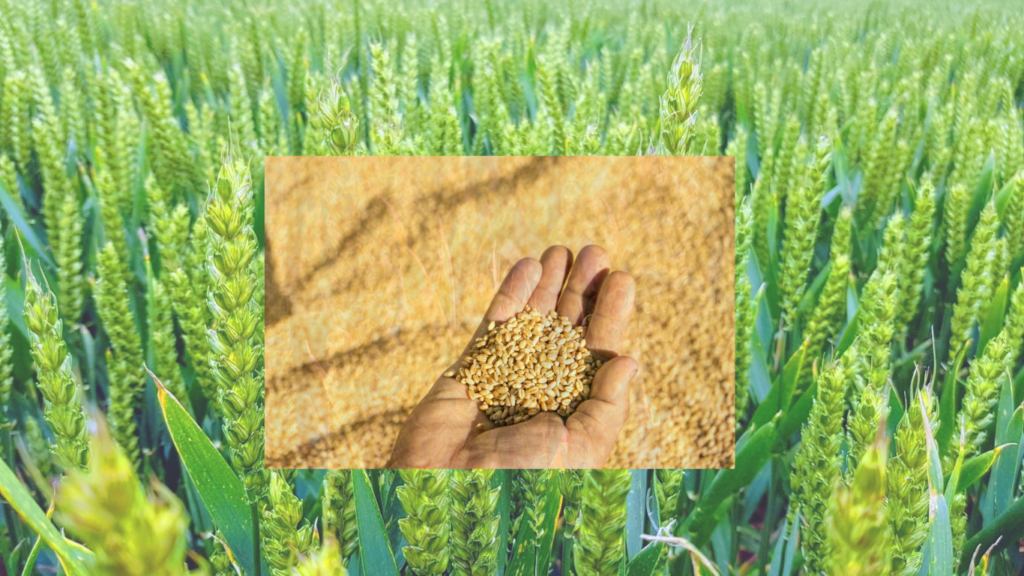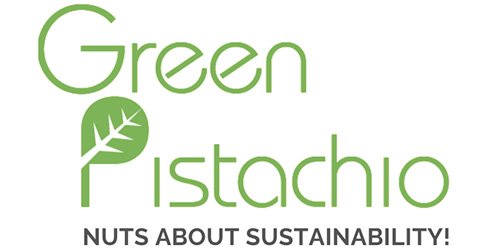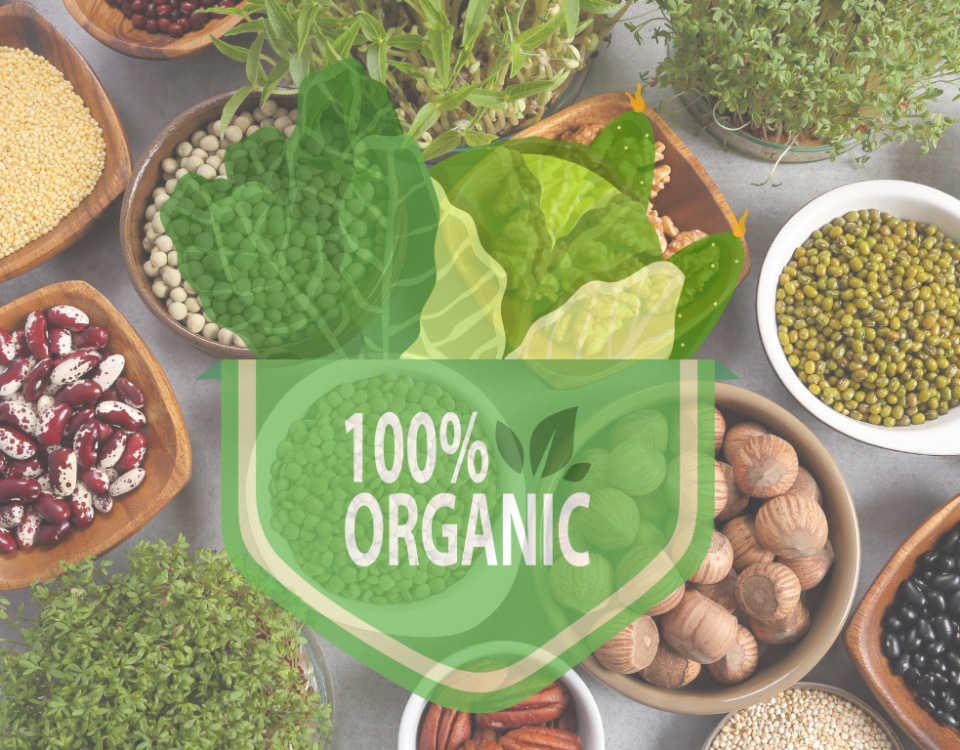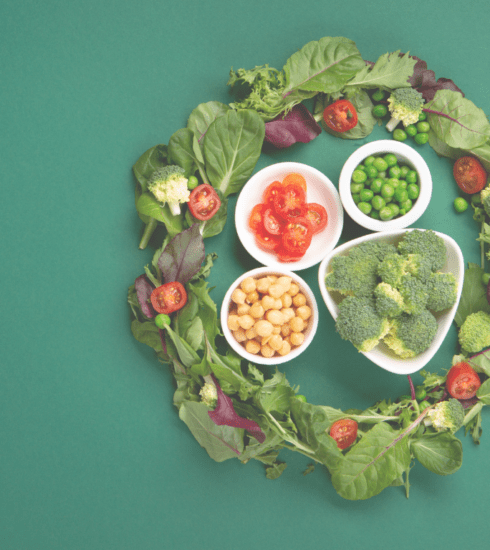Beyond Tempting Labels: A Sampler Of What Organic Really Means
Welcome, eco-curious foodies and green-thumbed readers, to the organic odyssey where we peel back those leafy labels and dig into the soil of truth! Before we embark on this journey, let’s talk about why choosing organic is as important as choosing the right Netflix series for your weekend binge. Organic farming isn’t just a trend; it’s a return to our roots, promoting health, biodiversity, and a sustainable future. It’s the kind of choice that ensures our dinner plates and planet stay as vibrant and diverse as a hippie’s tie-dye collection—without it, we might just find ourselves foraging in a “Mad Max” wasteland, and let me tell you, desert chic is not a good look for produce.
If you’ve ever found yourself lost in the supermarket wilderness, staring at a wall of products emblazoned with the word “organic,” you’re not alone. It’s a jungle out there, and we’re not just talking about the kale section. But fear not! We’re here to be your guide through the thicket of terms and help you harvest the real fruits of organic knowledge. And why, you ask, should we bother? Because, dear readers, organic farming is the superhero we need in the battle for health and sustainability. So, buckle up, it’s time to take a ride on the organic express!

What’s in a Name? The Organic Odyssey
Let’s start with what “organic” really plants in the field of agriculture. It’s not just a fancy sticker or a marketing ploy to make you feel all warm and fuzzy inside. Organic food is about getting down and dirty with Mother Nature, farming in a way that would make your ancestors nod in approval. No synthetic fertilizers, pesticides, or genetically modified organisms (GMOs) allowed here. It’s about keeping it real with practices like crop rotation, green manure, and biological pest control that could make even the most stoic earthworm break into a happy dance.
Organic farming is like a group hug for the ecosystem. It’s about boosting soil health, whispering sweet nothings to the birds and the bees (for biodiversity’s sake, of course), and ensuring that animals are treated like the kings and queens of the barnyard. The International Federation of Organic Agriculture Movements (IFOAM) sums it up with four principles: Health, Ecology, Fairness, and Care. It’s like the golden rule, but for farming.
- Health: The health of soil, plants, animals, and humans is paramount. Organic practices aim to enhance the health of the ecosystem.
- Ecology: Organic farming systems are designed to work with nature, promoting ecological balance and biodiversity.
- Fairness: Organic agriculture promotes fairness in the supply chain, ensuring equitable treatment of farmers, workers, and consumers.
- Care: A commitment to care for the environment and future generations underpins organic practices, fostering sustainability.

Certifiably Organic: The Seal of Approval
Now, to make sure that organic label isn’t just flapping in the wind, there’s a whole squad of certifying bodies keeping watch. In India, the National Programme for Organic Production (NPOP) lays down the law for what’s organic and what’s not. Want to spot an organic product? Look for the “India Organic” certification—it’s like the secret handshake for genuine organic goods.
Here’s the lowdown on certifying bodies and their deets just for the discerning (and “certifiable”) organic foodie in you:
- National Programme for Organic Production (NPOP): Established by the Government of India, NPOP provides a framework for organic certification in India. It sets standards for organic farming and processing, allowing producers to obtain certification from accredited agencies.
- India Organic: This certification is issued by the Agricultural and Processed Food Products Export Development Authority (APEDA) under the NPOP. The “India Organic” label indicates that the product meets the national organic standards.
- Participatory Guarantee System (PGS): This is a locally focused certification system that emphasizes participatory approaches to organic farming. It is particularly beneficial for small-scale farmers and promotes community engagement in the certification process.
In India, you can look out for these labels along with the FSSAI label to verify if a product is truly organic or not:



But it’s not just a local affair. The USDA Organic certification in the United States and the EU Organic logo in Europe are like the international passports for organic products. They’re the assurance you need that what you’re buying has been grown in a way that would make Mother Earth swipe right.
Global certifications include the following:
- USDA Organic (United States): The United States Department of Agriculture (USDA) regulates organic farming through the National Organic Program (NOP). Products can be labelled as “100% Organic,” “Organic” (at least 95% organic ingredients), or “Made with Organic Ingredients” (at least 70% organic ingredients). The USDA certification assures consumers that the product meets strict federal guidelines.
- EU Organic (European Union): The EU has its own organic certification standards that regulate the production and labelling of organic food. The EU organic logo is a recognizable symbol that guarantees compliance with these standards, which include restrictions on synthetic chemicals and GMOs.

Organic Processed Food: Beyond the Fresh Fare
Now, don’t be fooled—organic isn’t reserved for just the fresh stuff. Processed foods can wear the organic badge too, as long as they play by the rules. So, those organic potato chips? They’re made from spuds that have never known the harsh touch of synthetic pesticides. But remember, “organic” doesn’t automatically mean “low-calorie” or “nutrient-dense.” It’s still a chip, after all, so munch mindfully.
And when it comes to packaging, “organic” focuses on the food, not the wrapper. So while you’re being kind to your insides, don’t forget about the outside world. Opt for packaging that’s as environmentally friendly as the contents are organic.
Organic Certification: The Decoder Ring of Dining
“Why do we need certification?” Well, think of organic certification as your culinary decoder ring, spinning out the secrets behind those “organic” capes. It’s like a superhero’s shield, protecting us from the villains of food fraud and the mischievous mislabelling. For our farming heroes, this badge of honor unlocks the treasure chest to markets where organic goods are the crown jewels, fetching prices as premium as an aged cheddar.
But beware, dear eaters, the path is strewn with tricky terms like “natural” and “farm-fresh,” which can be as misleading as a chameleon in a bag of Skittles. They may sound wholesome, but without that certification, they might just be wolves in sheep’s clothing. So, keep your eyes peeled for those trusty labels—they’re the secret handshake that confirms you’re getting the real organic deal. And remember, being label-savvy is like having superpowers at the supermarket!

Why Go Organic? It’s the Future, Naturally
Choosing organic isn’t just about being trendy or health-conscious. It’s about voting for a future where our fields are fertile, our bodies are temples, and our food is as clean as a whistle. It’s about saying “no thanks” to a world where the only thing green is the glow of toxic waste. So, let’s all do our part to keep the planet—and our pantries—as pristine as possible.
It’s only “natural” that Organic food often comes with a steeper price tag due to the meticulous, labor-intensive methods of farming without shortcuts and the rigorous certification process that ensures purity from farm to fork. To ease the financial burden and democratize organic certification, subsidizing certification costs and providing technical support for small farmers could shrink the price gap, making organic eats more wallet-friendly for all.
In the end, my dear organic explorers, it’s clear that there’s more to organic than meets the eye. It’s a commitment to a way of life that cherishes health, ecology, fairness, and care. So next time you’re navigating the labyrinth of food labels, remember: organic is more than just a buzzword—it’s a beacon of hope for a sustainable, delicious future. Now, let’s all raise our compostable cups to a world brimming with organic goodness! Cheers to that, eco-warriors!






